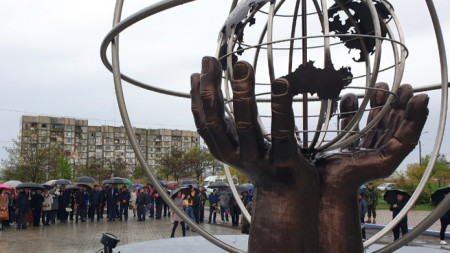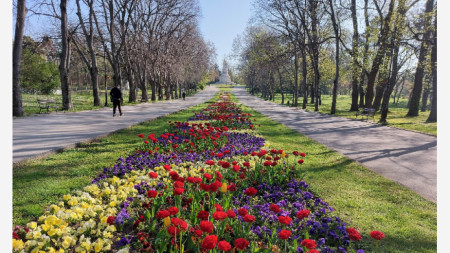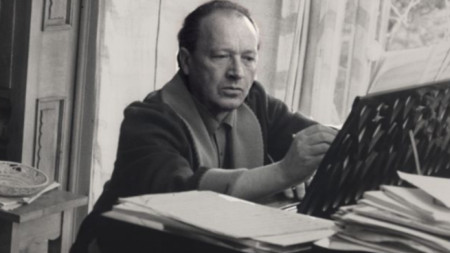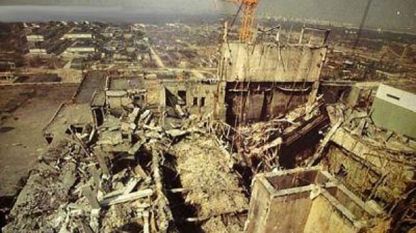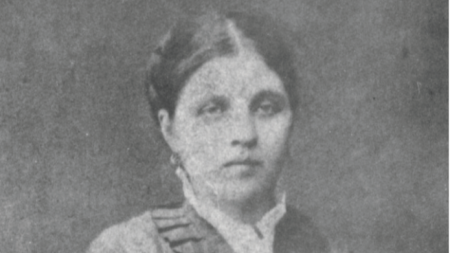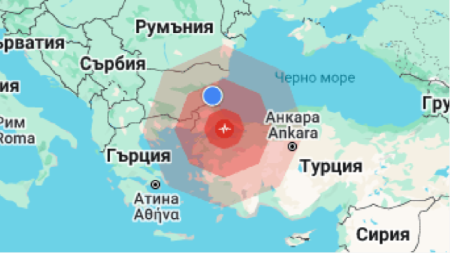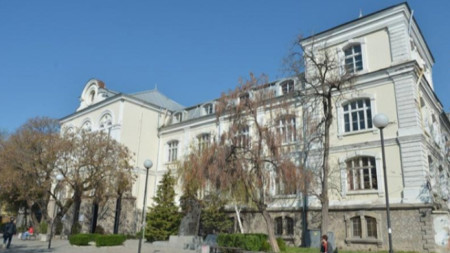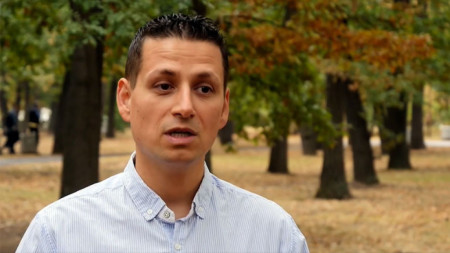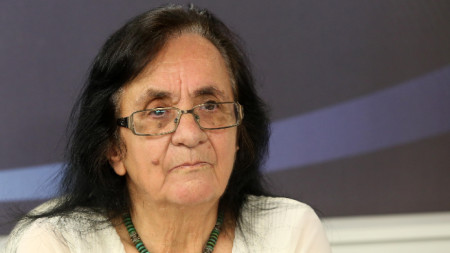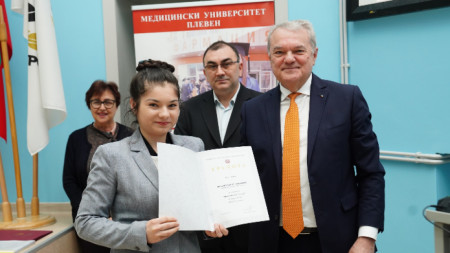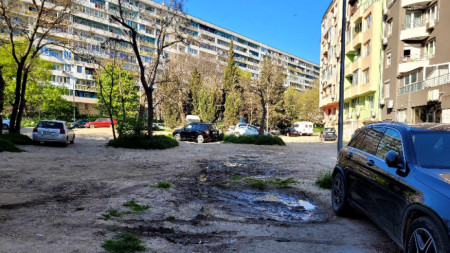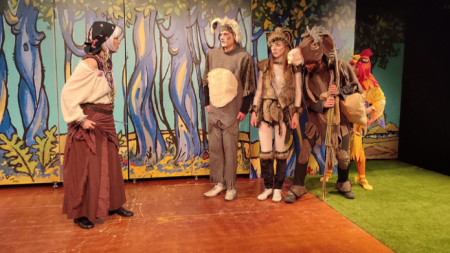Tom Stoppard's hit play Rosencrantz and Guildenstern Are Dead premieres at the National Theatre
публикувано на 26.04.25 в 09:05

With Rosencrantz and Guildenstern Are Dead, young Boyan Kracholov - one of the most compelling contemporary Bulgarian theatre directors - makes his debut on the main stage of the Ivan Vazov National Theatre. Kracholov won the 2017 Askeer Award in the Rising Star category for his production This Is NOT Hamlet, and was nominated again in 2021 for contemporary Bulgarian dramaturgy. In 2024 he also won the national IKAR award for directing.
Although Stoppard's existential tragicomedy has been staged in Bulgaria before, this is its first production at the National Theatre. The play, which follows the misadventures of two minor characters from Hamlet, premiered on 24 August 1966 at the Edinburgh Festival Fringe, performed by the Oxford Theatre Group. This production gave the 29-year-old Stoppard, who at the time had only three other plays to his name, his breakthrough on the world stage.
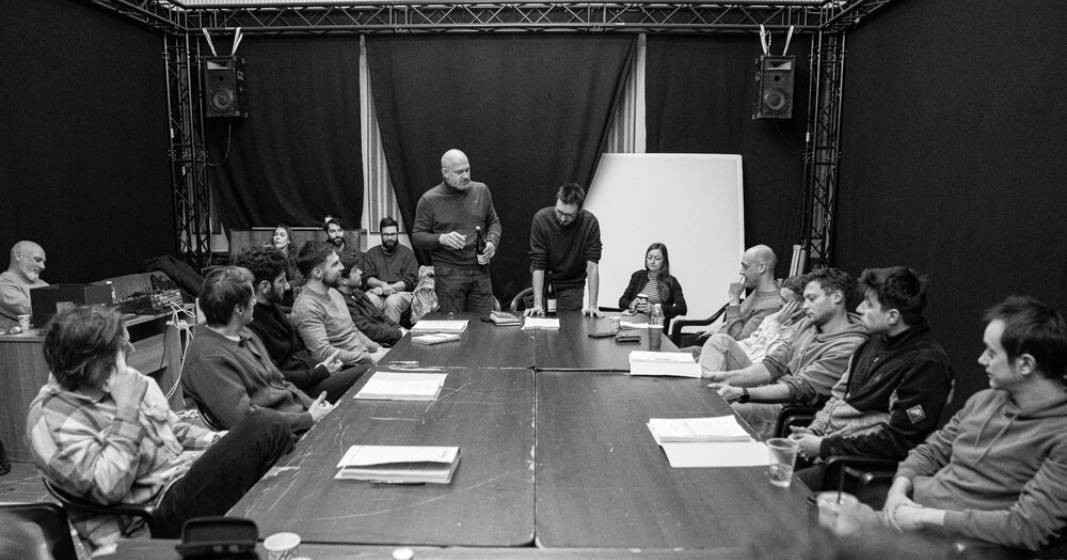
Stoppard's exploration of exile and identity in the play is far from accidental. Born into a Jewish family in Czechoslovakia in 1937, Stoppard fled the Nazi occupation with his parents. By way of Singapore and India, they finally settled in Britain after the war. After his father's death and his mother's remarriage to a British officer, Stoppard adopted a new name and a new cultural identity. Years later, he would say that British culture had shaped him and that the English language had given him freedom.
Exile - from home, from identity, from the comfort of fixed meaning - became an enduring theme in his work. "Words, words. They're all we have to go on," says one of his characters. For Stoppard, words are our last refuge - fragile, scattered, sometimes absurd, but always necessary in our attempt to understand ourselves and the world.

The first performances of Rosencrantz and Guildenstern Are Dead, directed by Boyan Kracholov, will take place on 28, 29 and 30 April. The play was translated by Svetla Maneva, and Shakespeare's verse by Alexander Shurbanov.
Още от БНР уеб

